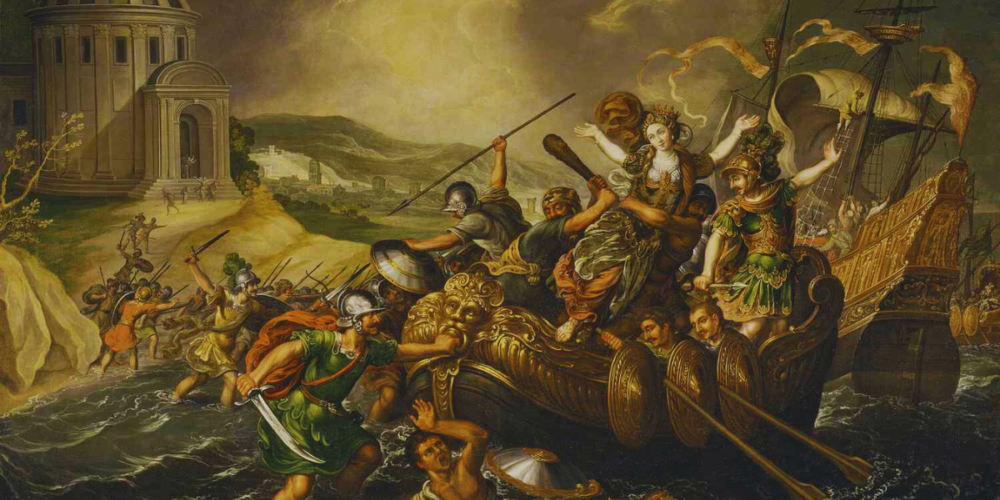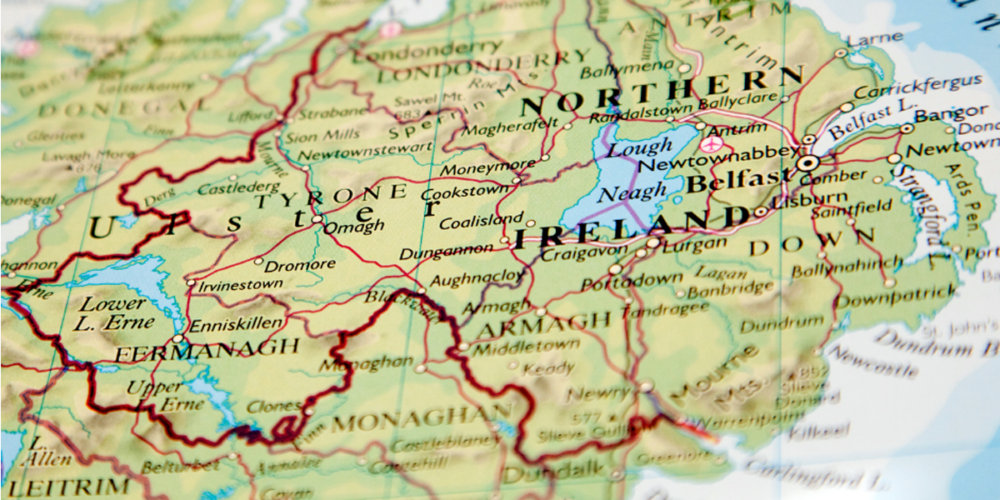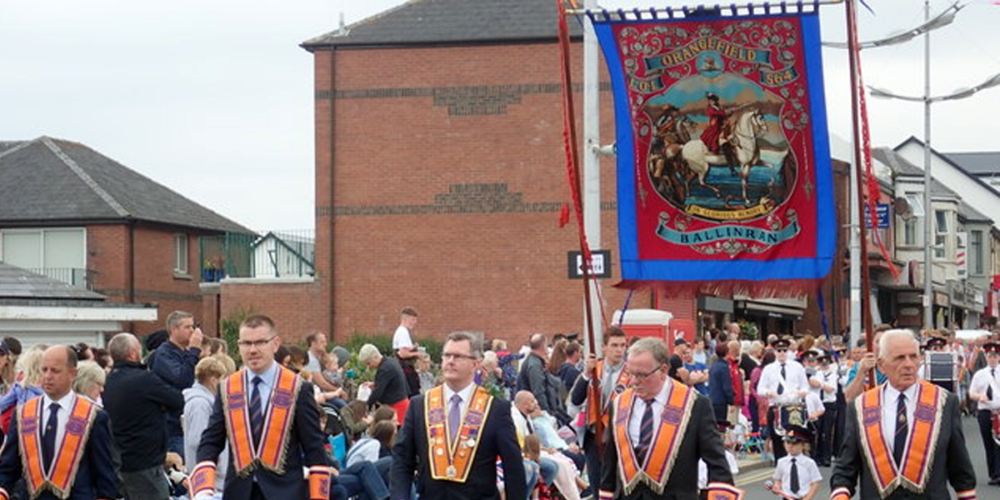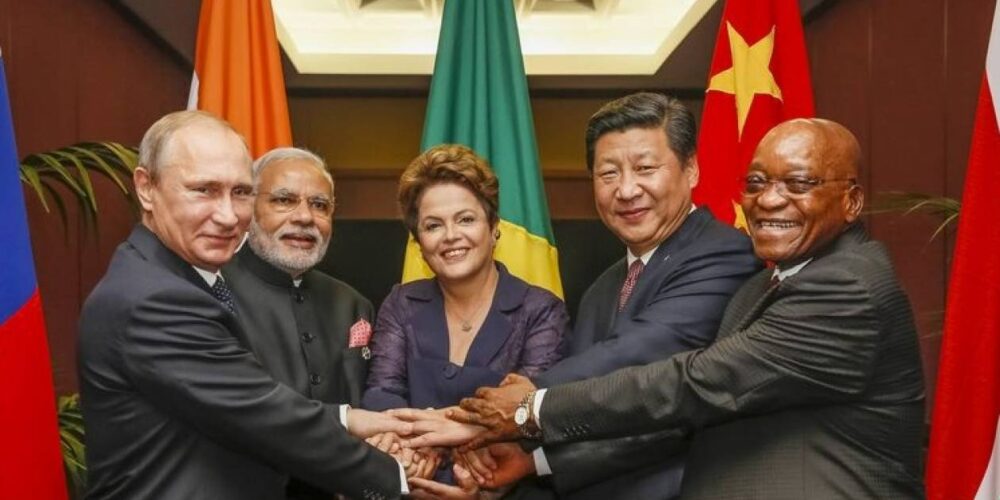Tommy McKearney ☭ In one of the most disturbing recent Irish government announcements, Mícheál Martin has repeated his administration’s intention to press ahead with legislation to get rid of the triple-lock dealing with Irish military involvement abroad.
Designed to protect this country’s neutrality, the triple-lock curtails the unrestricted deployment of Irish troops in foreign conflicts by making it obligatory to obtain approval of the Dáil, the cabinet and the UN Security Council. This constraint, in practice, prevents Dublin governments joining in NATO’s global never-ending series of wars. And while there is no popular clamour to change the long-standing policy of not engaging in hostilities overseas, the Irish ruling class clearly think different.
The real question is not whether Martin and his ilk wish to dispense with the measure but why? Ostensibly, the coalition has a problem with the fact that Russia and China are able to veto the Irish government’s so-called sovereign right to deploy troops wherever it wishes. No mention, though, of Britain’s veto on the movement of Irish troops across six of Ireland’s counties, but that’s another story. Where exactly, the current government wishes to send its soldiers has not been made clear.
Quite obviously the Triple Lock is not restricting the Republic’s ability to contribute to peacekeeping missions abroad. Indeed the Tánaiste (and Minister of Defence don’t forget) confirmed this as late as last October. In a written parliamentary response to a question from Willie O’Dea[1] he reported that as of 1st September 2023, Ireland is contributing 540 personnel to seven different missions throughout the world.
Oddly too, in light of his alleged objection to the UN Security Council veto on his government’s military deployments, in the very same answer Martin added “…Our commitment and support for the primary role of the United Nations, in the maintenance of international peace and security, is expressed in Ireland’s long-standing tradition of participating in UN peacekeeping operations…”
Paradoxically, the Irish ruling class has little real interest in the actual pursuit of combat missions abroad. Pragmatists among them recognise the risks involved in such a strategy. In the first instance there is a matter of making a meaningful impact. Doing so on scale would inevitably bring retaliation – economic at least – and in a nuclear age, the distinct possibility of utter devastation.
Moreover, realists in that camp also recognise the fallacy that joining a military alliance offers the state meaningful, supposedly urgently needed additional defensive capacity. Not only would participation in such, actually increase the Republic’s vulnerability by making it a target but in reality, does Russia or China have the slightest interest in invading Ireland?
Yet in spite of such well-founded and concrete concerns, there exists a grim determination among the upper echelon to end the triple-lock and, with it, neutrality. Their reasoning is straightforward and cynical. They are determined at all costs to be part of the world order as defined by the United States. Often referred to as “Atlanticism”, this effectively entails unqualified support for Washington’s imperialist foreign policy and its means of enforcing its design. Hence the drive to be seen to play a part in America’s war industry.
However, it is the US-led promotion of untrammelled, free-market capitalism that ultimately motivates the Irish ruling class’s desire to be immersed in what is often referred to as the Washington Consensus[2]. To maintain its standing within this neoliberal compact, our comprador bourgeoise hope to ingratiate themselves via any and every concession necessary, up to and including a Redmond-like surrender to imperialist militarism.
The rationale for such a callous, cynical, and downright dangerous manoeuvre is to preserve the current economic system and with it, their class privileges. Ireland is at present suffering a dire housing crisis, a health service crisis, a cost-of-living crisis and ever-increasing inequality. In short, all the ingredients that could lead to massive social upheaval, possibly even revolution. To safeguard its interests, the ruling class intend to embed itself within an imperial security net.
Appropriate perhaps to quote a long-departed anti-imperialist. “They think that they have pacified Ireland. They think that they have purchased half of us and intimidated the other half.”
So as the old saying goes, “Time will tell and we’ll see, we’ll see.”
[1] Defence Forces Dáil Éireann Debate, 3 October 2023
[2] Washington Consensus, Encyclopaedia Britannica.
Designed to protect this country’s neutrality, the triple-lock curtails the unrestricted deployment of Irish troops in foreign conflicts by making it obligatory to obtain approval of the Dáil, the cabinet and the UN Security Council. This constraint, in practice, prevents Dublin governments joining in NATO’s global never-ending series of wars. And while there is no popular clamour to change the long-standing policy of not engaging in hostilities overseas, the Irish ruling class clearly think different.
The real question is not whether Martin and his ilk wish to dispense with the measure but why? Ostensibly, the coalition has a problem with the fact that Russia and China are able to veto the Irish government’s so-called sovereign right to deploy troops wherever it wishes. No mention, though, of Britain’s veto on the movement of Irish troops across six of Ireland’s counties, but that’s another story. Where exactly, the current government wishes to send its soldiers has not been made clear.
Quite obviously the Triple Lock is not restricting the Republic’s ability to contribute to peacekeeping missions abroad. Indeed the Tánaiste (and Minister of Defence don’t forget) confirmed this as late as last October. In a written parliamentary response to a question from Willie O’Dea[1] he reported that as of 1st September 2023, Ireland is contributing 540 personnel to seven different missions throughout the world.
Oddly too, in light of his alleged objection to the UN Security Council veto on his government’s military deployments, in the very same answer Martin added “…Our commitment and support for the primary role of the United Nations, in the maintenance of international peace and security, is expressed in Ireland’s long-standing tradition of participating in UN peacekeeping operations…”
Paradoxically, the Irish ruling class has little real interest in the actual pursuit of combat missions abroad. Pragmatists among them recognise the risks involved in such a strategy. In the first instance there is a matter of making a meaningful impact. Doing so on scale would inevitably bring retaliation – economic at least – and in a nuclear age, the distinct possibility of utter devastation.
Moreover, realists in that camp also recognise the fallacy that joining a military alliance offers the state meaningful, supposedly urgently needed additional defensive capacity. Not only would participation in such, actually increase the Republic’s vulnerability by making it a target but in reality, does Russia or China have the slightest interest in invading Ireland?
Yet in spite of such well-founded and concrete concerns, there exists a grim determination among the upper echelon to end the triple-lock and, with it, neutrality. Their reasoning is straightforward and cynical. They are determined at all costs to be part of the world order as defined by the United States. Often referred to as “Atlanticism”, this effectively entails unqualified support for Washington’s imperialist foreign policy and its means of enforcing its design. Hence the drive to be seen to play a part in America’s war industry.
However, it is the US-led promotion of untrammelled, free-market capitalism that ultimately motivates the Irish ruling class’s desire to be immersed in what is often referred to as the Washington Consensus[2]. To maintain its standing within this neoliberal compact, our comprador bourgeoise hope to ingratiate themselves via any and every concession necessary, up to and including a Redmond-like surrender to imperialist militarism.
The rationale for such a callous, cynical, and downright dangerous manoeuvre is to preserve the current economic system and with it, their class privileges. Ireland is at present suffering a dire housing crisis, a health service crisis, a cost-of-living crisis and ever-increasing inequality. In short, all the ingredients that could lead to massive social upheaval, possibly even revolution. To safeguard its interests, the ruling class intend to embed itself within an imperial security net.
Appropriate perhaps to quote a long-departed anti-imperialist. “They think that they have pacified Ireland. They think that they have purchased half of us and intimidated the other half.”
So as the old saying goes, “Time will tell and we’ll see, we’ll see.”
[1] Defence Forces Dáil Éireann Debate, 3 October 2023
[2] Washington Consensus, Encyclopaedia Britannica.
 |
Tommy McKearney is a left wing and trade union activist. He is author of The Provisional IRA: From Insurrection to Parliament. Follow on Twitter @Tommymckearney |
























